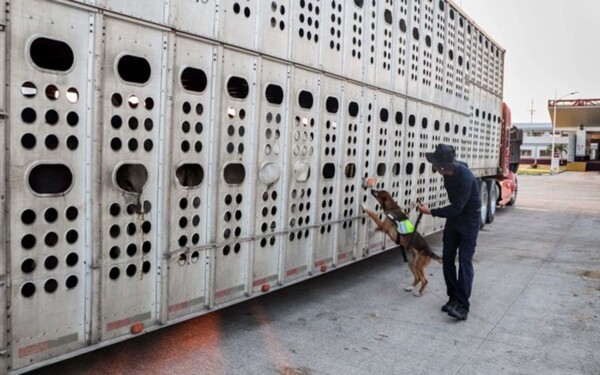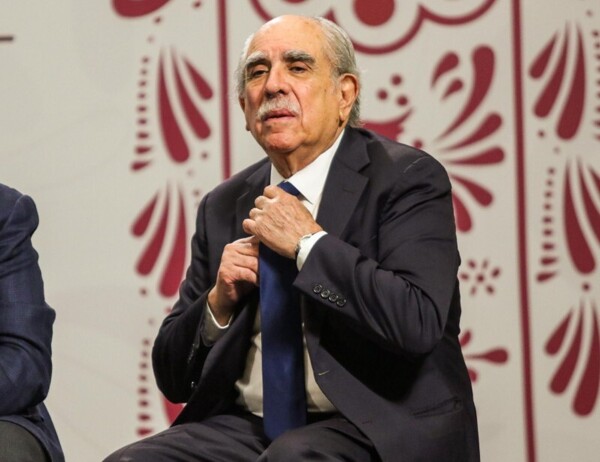
According to a study presented by Eduardo Aldave, the Director of Strategic Planning and Finance at GS1 Mexico, the "Made in Mexico" certification is valued by 35% of buyers, especially among older generations such as baby boomers and Generation X, who see it as a symbol of national identity and support for the local economy. However, the impact of the certification can be strengthened, especially among younger consumers.
The study highlights that product quality, low prices, and promotions are the main factors when selecting food. Despite this, companies face the challenge of fully adapting to this model. Hybrid work has transformed office spaces in Mexico, reducing rental costs and freeing up space for companies.
Humberto Pastrana, Operations Director at Tendencia IM, mentions that entrepreneurs can differentiate their products with the "Made in Mexico" certification, highlighting attributes such as social responsibility, the environment, and certifications beyond commercial ones.
In Mexico, 64% of workers operate under a hybrid work model, according to the WeWork and Page Group study "Challenges and Perspectives of Work 2024," five years after its popularization due to the pandemic. As a result of a tariff war, a nationalist sentiment has emerged, driving the purchase of local products instead of American brands.
The hybrid model has proven to increase productivity, improve quality of life, and enhance the mental health of employees. Despite its benefits, commuting continues to be a significant obstacle for workers, generating costs of time and money.
At the National Polytechnic Institute, it is estimated that a contract for gardening work until 2028 could amount to about 800 million pesos. Álvaro Villar, Head of Sales at WeWork Latam, emphasizes that flexibility at work is a demand that seeks to balance personal and professional life. Some bidders complain about the requirements that include having heavy equipment such as compacting trucks and backhoes.














